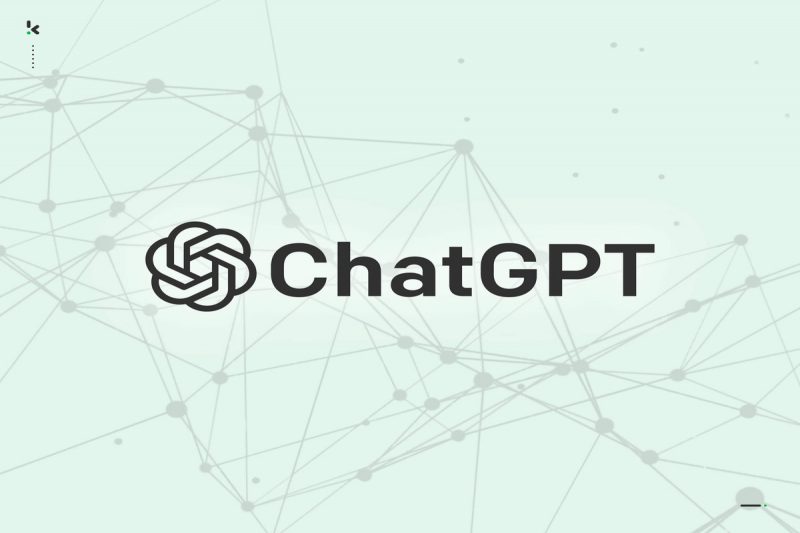With the advent of OpenAI’s ChatGPT, Artificial Intelligence technology has seen a new wave of adoption. In such an environment, lawmakers seem to be keen on fastening the regulatory screws. Europe is one such region that’s considering new regulations. According to a recent report from The Wall Street Journal,
“European Union lawmakers want to give regulators new powers to govern the development of technologies like those behind ChatGPT.”
Also Read: OpenAI Plans to Answer Concerns from Italian Authorities That Led to ChatGPT Ban
A group of EU lawmakers intends to publish an open letter on Monday. In that, they have reportedly noted how the space requires a novel set of rules customized to powerful, general-purpose AI tools.
Rapid evolution of AI tech paves way for regulations
According to a copy of the letter reviewed by The Wall Street Journal, lawmakers wrote,
“With the rapid evolution of powerful AI, we see the need for significant political attention.”
The new draft, dubbed AI Act, intends to add provisions to the bill that focus on “steering the development of very powerful artificial intelligence in a direction that is human-centric, safe and trustworthy.”
In fact, the EU’s pending bill is likely to pass into law later in 2023. The same could “could serve as a blueprint for other regulatory initiatives in different regulatory traditions and environments around the world.”
Even though it is not clear what new provisions the EU Parliament will propose, the letter stated that rules are needed for AI tools called foundation models. These models are basically trained on massive sets of data. In fact, they are the base of some of the most recent strides made by AI of late. Foundation models encapsulate some large language models. They typically underpin tools like ChatGPT.
Regulators are set to meet this week to discuss the proposals and come to terms with a common position. The same will then be voted by the Parliament in May. After the Parliament agrees on a draft, it will be negotiated with members of the EU’s Council. The Council basically settled on its own AI Act draft last year. It is, however, left open to the European Commission to determine any specific requirements for general-purpose AI. Typically, both chambers will have to vote and greenlight the same for it to become law.
Also Read: Italy Bans ChatGPT Over Privacy Breach Concerns





